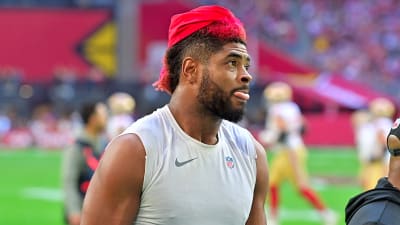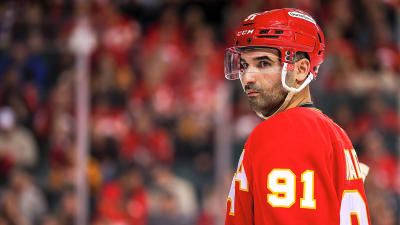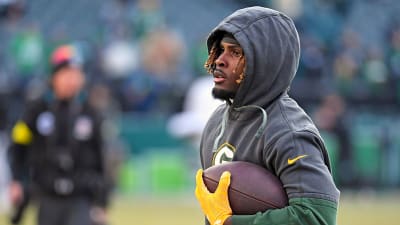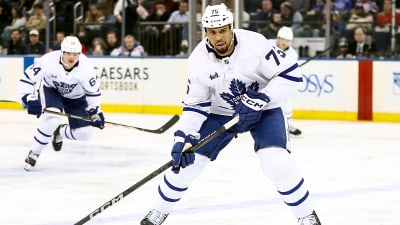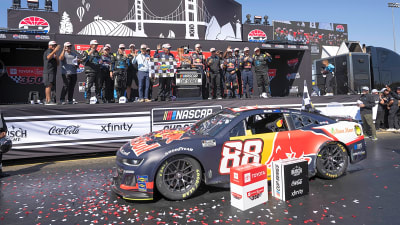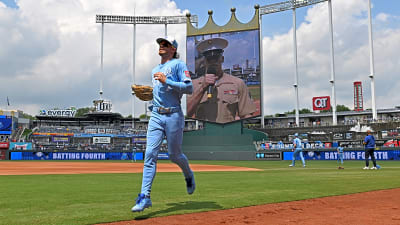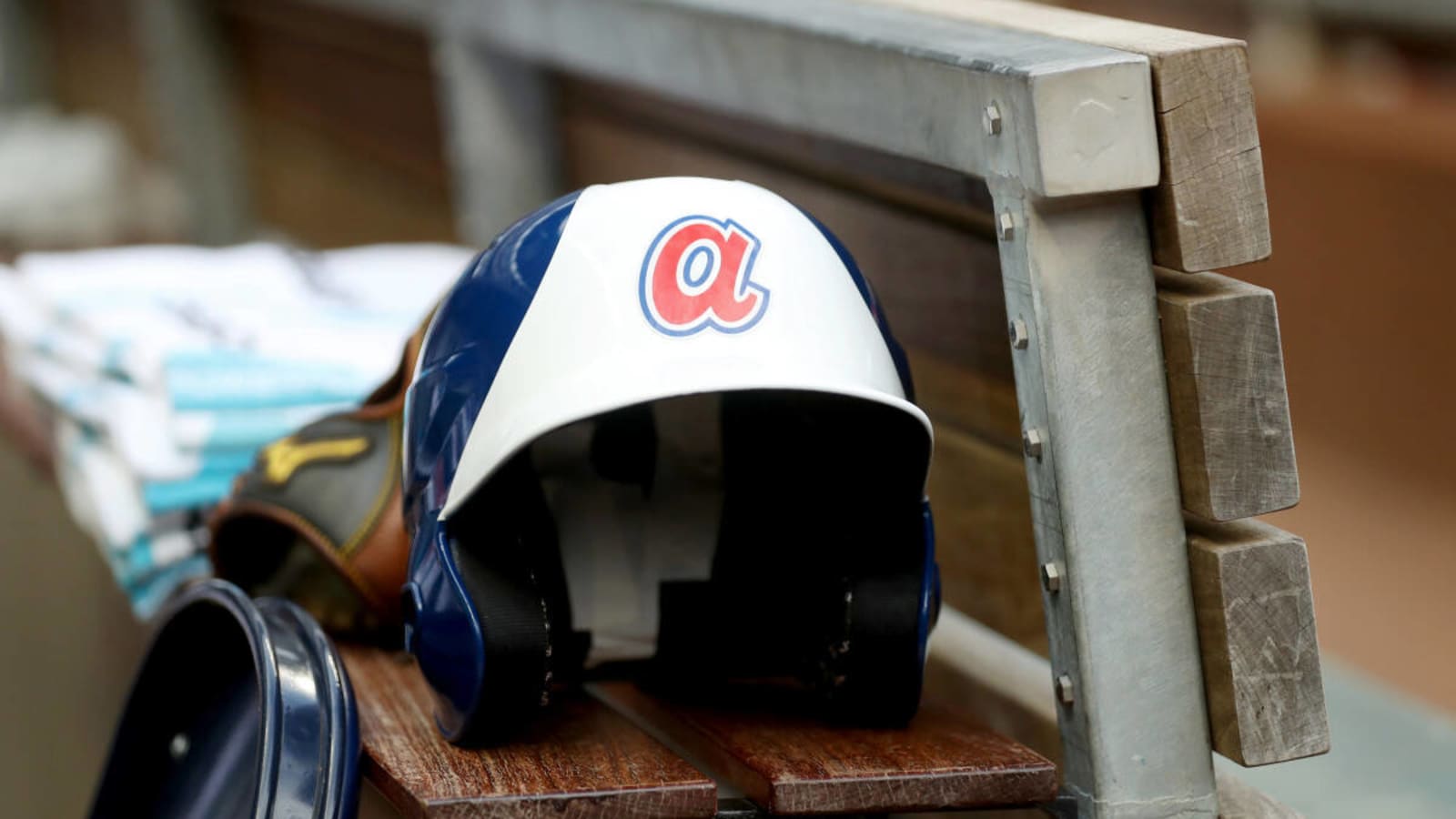
The Atlanta Braves have built a juggernaut of a major league roster, with every single defensive position locked down for multiple years and those players combining for one of the best offenses in modern baseball history in 2023.
And as a side effect of all of the talent movement, either into Atlanta's lineup or out via trades, has resulted in a farm system that's considered, on paper, to be a bottom five farm system in baseball.
But here's the thing: It might be "bad" on paper, lined up against other organizations, but it's perfect for Atlanta.
We're finishing up our "Prospect Week" with our top five prospects tomorrow, and - spoiler alert - they're all pitchers. Of the Top 31 in the system, nineten are pitchers, including ten of the top fifteen.
Because that's what the major league roster needs right from the farm system.
The role of a farm system
I see this a lot over at Locked On MLB Prospects (which, I've been told I should plug, is the #1 daily Minor League Baseball podcast, available wherever you get your podcasts and on YouTube. Check it out!).
There's a sense of pride in having a good farm system. But here's the rub:
Having a good farm system doesn't mean anything, in the grand scheme of things.
The Baltimore Orioles have a great farm system - one of the best in baseball! It didn't help them get significantly better at the trade deadline, and it didn't help them from getting eliminated in their first postseason matchup.
The Chicago Cubs have a great farm system and they didn't even make the postseason last season.
Conversely, the Houston Astros haven't had a good farm system for four or five years now, and they've been in two of the last three World Series and made a deep playoff run last season.
In fact, there's an argument that could be made that having a good farm system is a bad thing, because your talent is (probably) concentrated in the wrong place.
The role of a farm system is to make the major league roster better.
That's it. It's assets, nothing more.
And Atlanta's farm system has done an admirable job of making the major league roster better.
Some of the players that roam Truist Park came up through the organization as prospects - from your Ronald Acuña Jr, Ozzie Albies, and Austin Riley to the newest wave, headlined by Spencer Strider and Michael Harris.
Another group of major leaguers were acquired by trading away assets - mostly prospects - to other organizations: Matt Olson, Sean Murphy, Jarred Kelenic, Chris Sale.
Do you know what's not prevalent on Atlanta's major league roster?
Full price free agents.
Marcell Ozuna signed a one year deal for 2020 and then re-upped with the org for four more years. Travis d'Arnaud signed for two years prior to the 2020 season and has re-signed twice with Atlanta.
Charlie Morton signed for one year prior to the 2021 season, and has been on a series of one year deals or club options since then. Reynaldo López signed as a free agent this offseason, getting three years.
But the Braves have sat out the top end of free agency, with everyone else joining the roster either by being developed by Atlanta as a prospect, or being acquired with prospects by Atlanta.
The job of a farm system, when the Major League roster is bad, is to build a sustainable core at the major league level. Mission accomplished.
The farm system and the major league roster line up well
The next job of a farm system, when the Major League roster is good, is to provide reinforcements, in case of injuries, ineffectiveness, or when guys leave in free agency.
Atlanta's biggest need is starting pitching for the future, with Max Fried and Charlie Morton both free agents after the 2024 season.
Enter Hurston Waldrep and AJ Smith-Shawver, who should both get MLB time this season and could be full-time rotation fixtures in 2025.
And behind them is another wave of former college (Spencer Schwellenbach, Drue Hackenberg, Cade Kuehler, etc) and prep pitchers (Owen Murphy, Ian Ritchie, Garrett Baumann, etc) to fill in the 2026 and 2027 rotations.
And as you lose contributing hitters in future seasons - designated hitter Marcell Ozuna after 2025 or 2026, backup catcher Travis d'Arnaud after 2024 or 2025 - you've got contributors working their way up through the system like David McCabe, who can DH, or David Baldwin, who can catch and potentially DH.
The fact is, Atlanta's strengths in their farm system - impact pitchers - line up with their roster's weaknesses from a long-term standpoint. And the farm strength's weakness - a lack of impact bats - is covered at the major league level.
Not every farm system and roster fit together this well.
The Miami Marlins don't have anyone who can hit in their farm system. What does their major league roster need?
Impact hitters.
The Washington Nationals need competence at the major league level. And behind #2 overall pick Dylan Crews and third baseman Brady House, they've got a bunch of power bats with significant swing and miss concerns.
Get the point?
It doesn't matter that Atlanta's farm system isn't good on paper, in a vacuum, when directly compared to the other 29 teams in baseball.
Because when you compare its strengths to the major league roster and its strengths, this is the perfect farm system for Atlanta: full of impact pitching, with some solid contributor bats and a strategy of grabbing one of the five best international free agents every season with the hope of finding a star.
(Which, by the way: Great strategy. An average, 50 FV player won't crack this lineup at the major league level. Rather than spreading the money around to 15 or 20 amateurs and hoping one of them takes a leap, go find the absolute best one you can and make a bet on that kid.)
This organization, in virtually every facet, is a juggernaut.
And it's showing no signs of stopping.
Important Braves Today Offseason Stories
2023 MLB Free Agent Rankings
2024 Atlanta Braves prospect rankings
Current Atlanta Braves 40-man roster
2024 International Free Agency tracker
More must-reads:
- Six takeaways from the 2025 MLB All-Star Game
- All-Star appearances shine a spotlight on Pirates' incompetence
- The 'No. 1 overall MLB Draft picks' quiz
Breaking News
Trending News
Customize Your Newsletter
 +
+
Get the latest news and rumors, customized to your favorite sports and teams. Emailed daily. Always free!
